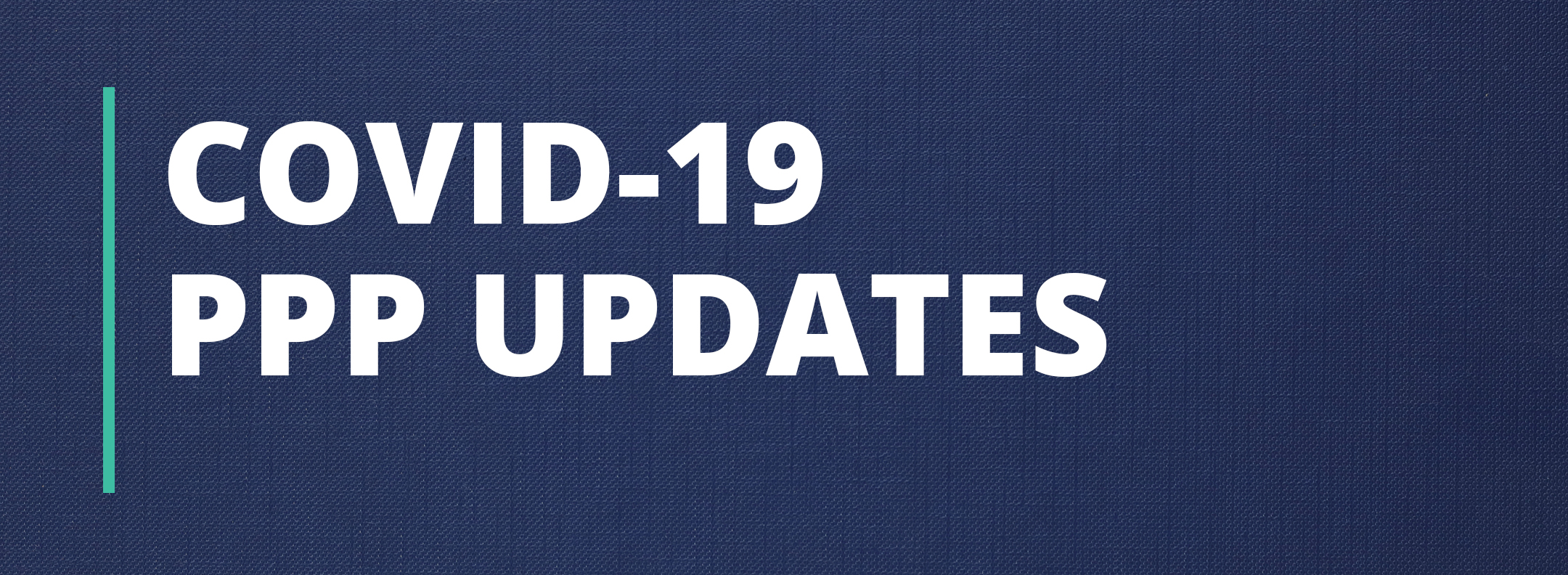On April 23, the SBA released a FAQ guidance document regarding liquidity, meant to serve as a warning to borrowers previously obtaining or applying for Paycheck Protection Program (PPP) loans.
The SBA’s Paycheck Protection Program requires businesses to certify that “current economic uncertainty makes this loan request necessary.” It also stated companies that have other sources of liquidity might not qualify.
The SBA’s original PPP contained two critical certifications the businesses must make. Specifically, the representative of the applicant was required to certify that 1) “The funds will be used to retain workers and maintain payroll or make mortgage interest payments, lease payments, and utility payments, as specified under the Paycheck Protection Program” and 2) “Current economic uncertainty makes this loan request necessary to support the ongoing operations of the applicant.This guidance document also requested companies that received or applied prior to April 23 reaffirm their good faith by choosing to keep or return the funds by May 7, 2020.
Since its release, there have been numerous updates including:
1. On April 23, Treasury issued FAQ Question #31, which states, in part: “All borrowers must assess their economic need for a PPP loan under the standard established by the CARES Act and the PPP regulations at the time of the loan application. Before submitting a PPP application, all borrowers should carefully review the required certification that ‘current economic uncertainty makes this loan request necessary to support the ongoing operations of the Applicant.’ Borrowers must make this certification in good faith, taking into account their current business activity and their ability to access other sources of liquidity sufficient to support their ongoing operations in a manner that is not significantly detrimental to the business.” FAQ 31 further states, “Any borrower that applied for a PPP loan prior to the issuance of this guidance and repays the loan in full by May 7, 2020, will be deemed by SBA to have made the required certification in good faith.”
2. On April 28, Treasury Secretary Mnuchin announced the SBA “will review all loans in excess of $2 million, in addition to other loans as appropriate.”
3. On April 28, the Treasury issued FAQ Question #37, which makes it clear that the above-quoted statements in FAQ #31 apply to all businesses.
4. On April 29, the Treasury also released FAQ Question #39, stating that the SBA will review files for PPP loans in excess of $2 million, in addition to other loans as appropriate, following the lender’s submission of the borrower’s loan forgiveness application. The outcome of SBA’s review of loan files will not affect SBA’s guarantee of any loan for which it complied with the lender obligations set forth in the PPP rules.
5. On May 5, the Treasury released FAQ Question #41, stating that the SBA is extending the repayment date from May 7 to May 14. Borrowers do not need to apply for this extension as it will be promptly implemented through a revision to the SBA’s interim final rule providing the safe harbor. The SBA intends to provide additional guidance on how it will review the certification prior to May 14.
6. On May 13, the Treasury released FAQ Question #46 which includes additional information as to how the SBA will review borrowers’ required good-faith certification concerning the necessity of their loan request. Borrowers who have received loans under $2 million will automatically be deemed to have made the required good-faith certification, therefore no additional action will is necessary. The SBA feels this is an appropriate measure to take because borrowers below a $2 million threshold are generally less likely to have had access to adequate sources of liquidity in the current economic environment when compared to borrowers that obtained larger loans. Question #46 also provides updated information in regard to how the SBA will move forward with loans greater than $2 million. In a previous update, the SBA stated that if they determine a borrower lacks adequate basis for the required certification concerning the necessity of the loan request, they would seek repayment of the outstanding PPP loan balance and notify the lender that the borrower is not eligible for loan forgiveness. The SBA now states that as long as the borrower repays their outstanding loan balance after receiving notification from the SBA, they will not pursue administrative enforcement or referrals to other agencies based on its determination with respect to the certification concerning necessity of the loan request.
It is important to note that if returning the funds, employers may be eligible for other available payroll tax relief credits.
Click here to read read the complete SBA FAQ guidelines document.
Please note that pursuant to guidance the IRS issued late last week in IRS Notice 2020-32, taxpayers will not be able to deduct any expenses paid with PPP loans for which the taxpayer receives forgiveness.
If you have any questions about this updated information, we are available to you as always via phone and email. Please do not hesitate to reach out, we’re here for you. We are continuing to closely monitor the evolving impact of COVID-19, and are continually updating our resource page with the latest information.


